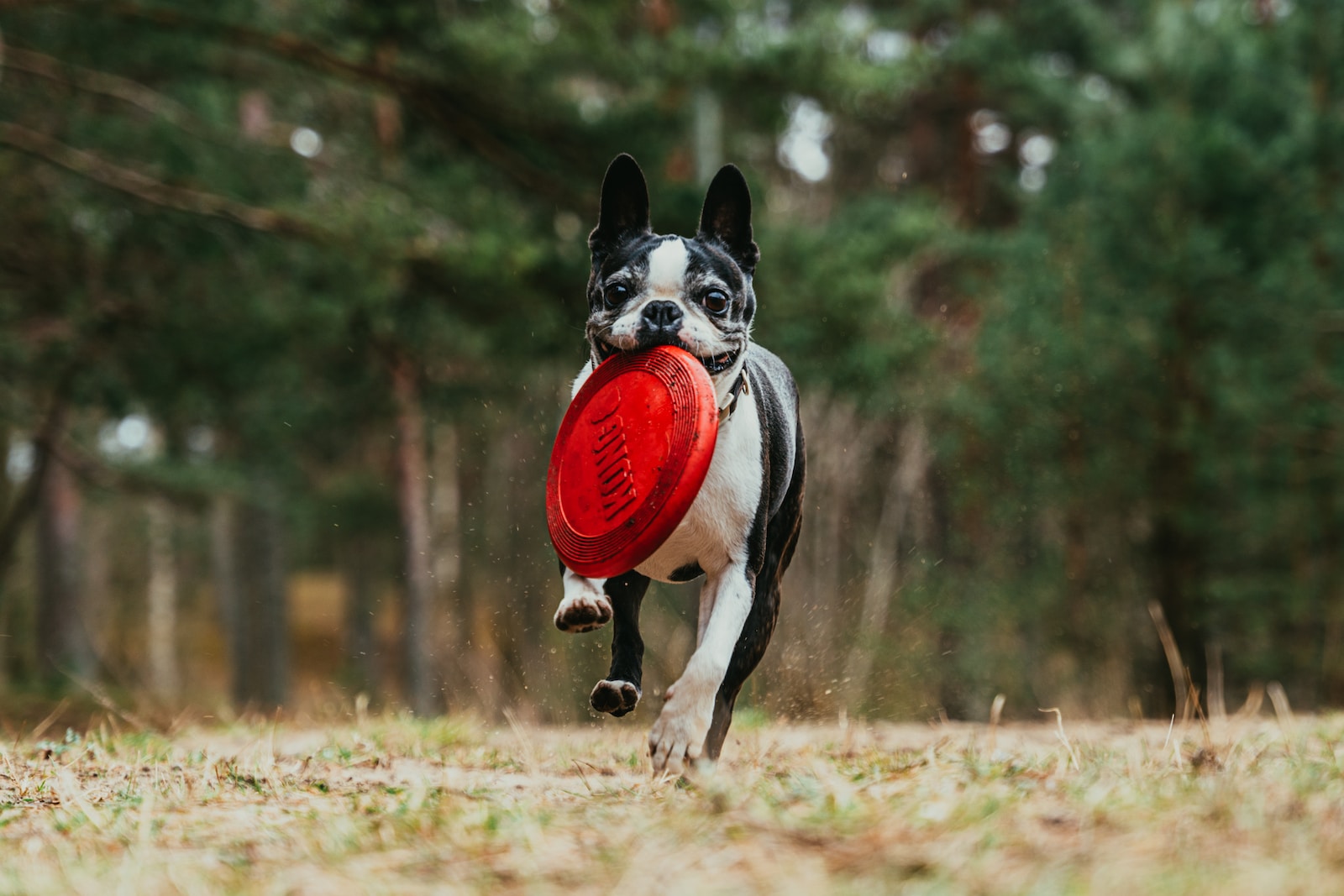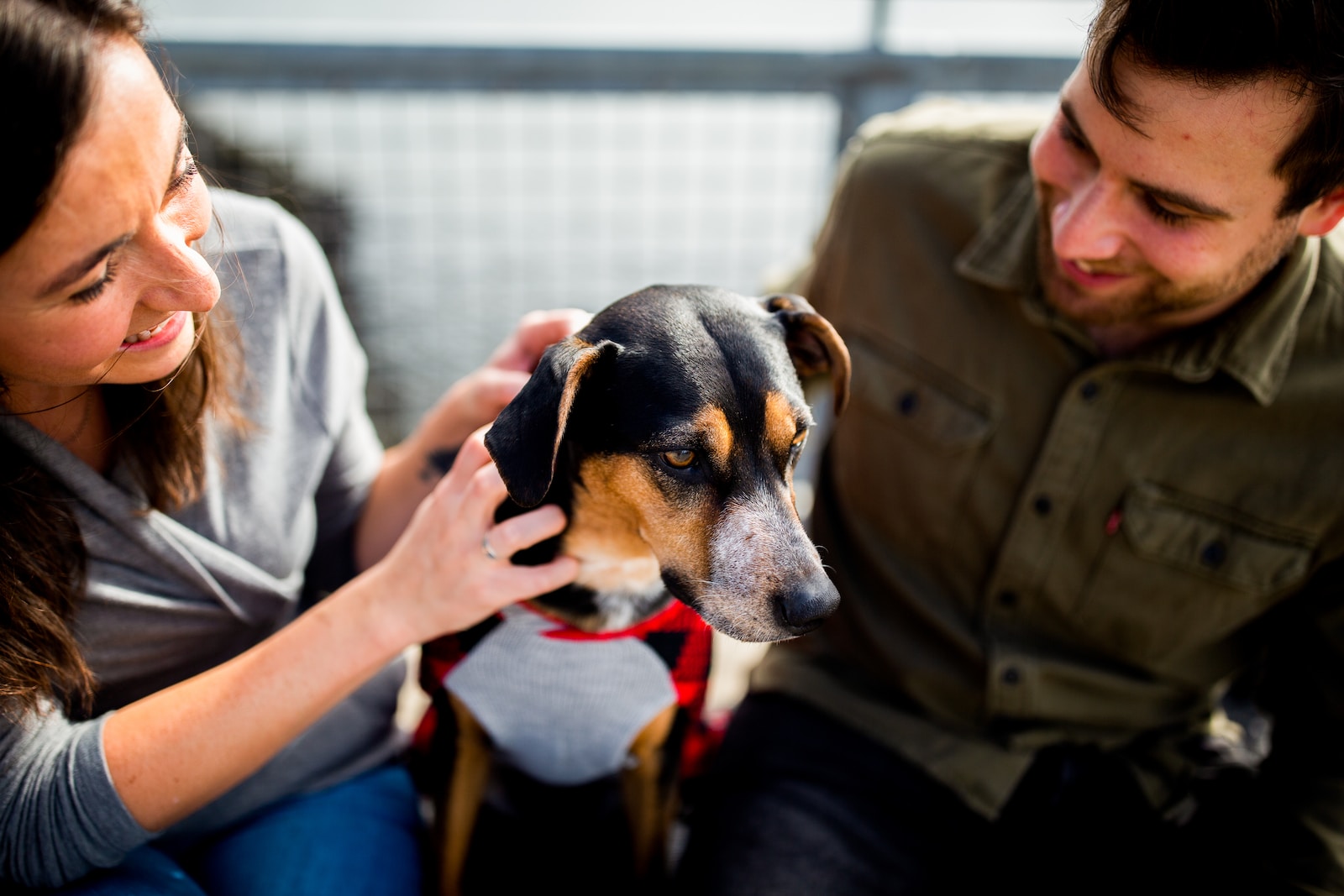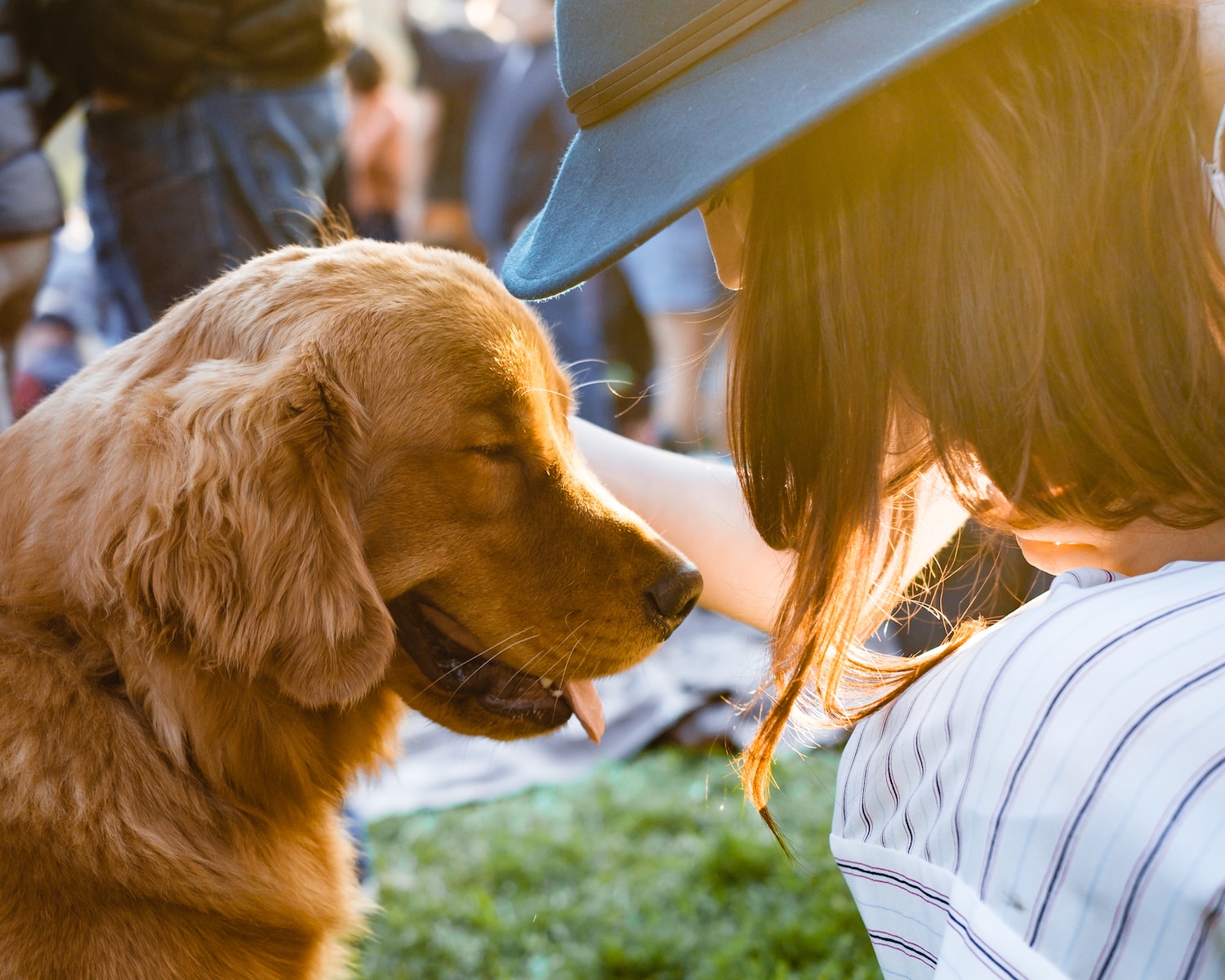If you’re looking for a furry friend to add a little extra joy and happiness to your life, look no further than the Maltese dog. With its endearing charm, silky coat, and loving temperament, the Maltese has captured the hearts of dog lovers around the world.
The Maltese Dog’s History and Origins
The Maltese breed has a long and storied history that can be traced back thousands of years. Thought to have originated on the island of Malta in the Mediterranean, these small dogs were treasured companions to royalty and aristocracy throughout history. Their elegant appearance and affectionate nature made them the ideal lapdog for noblewomen and kings alike.
The Maltese Temperament
One of the most endearing qualities of the Maltese is their friendly and loving temperament. These dogs thrive on human companionship and are known for forming strong bonds with their owners. They are incredibly social animals, enjoying the company of both people and other pets. Due to their gentle and affectionate nature, they make excellent family pets, particularly in households with children.
Physical Characteristics of the Maltese
The Maltese is a small dog with a distinctive appearance. They have a long, flowing coat that reaches the ground, which requires regular grooming to keep it looking its best. Their expressive eyes are round and dark, exuding warmth and intelligence. The ears are drop-shaped and well-feathered, adding to their adorable charm. Despite their small size, Maltese dogs have a sturdy build and a confident posture.
Grooming Needs and Maintenance
As mentioned earlier, the Maltese’s beautiful coat requires regular attention to keep it free from tangles and mats. Daily brushing is recommended, and occasional visits to a professional groomer can help maintain the coat’s health and appearance. Additionally, regular dental care is crucial, as small dog breeds are more susceptible to dental issues. Taking care of their eyes, ears, and nails is equally essential for their overall well-being.
Training and Exercise Requirements
Though small in size, the Maltese is not lacking in energy. They enjoy playtime and short walks, making them suitable for apartment living. However, like all dogs, they benefit from mental stimulation and regular exercise to keep them happy and healthy. Their intelligence makes them quick learners, but they can sometimes exhibit stubbornness, so positive reinforcement training methods are highly recommended.
Health Considerations
Maltese dogs, with proper care and a healthy lifestyle, can live up to 12-15 years or more. However, like all breeds, they may be prone to certain health issues. Some common health concerns for the Maltese include dental problems, respiratory issues, luxating patella, and allergies. Regular veterinary check-ups are vital to catch any potential health problems early and ensure your Maltese lives a long and fulfilling life.
The Maltese dog is a delightful and affectionate breed that brings endless joy and love to their owners. Their rich history, charming temperament, and striking appearance make them an appealing choice for families and individuals alike. With proper care, grooming, training, and regular veterinary check-ups, your Maltese companion will thrive and become a cherished part of your life.
FAQs
Are Maltese dogs good with children and other pets?
Absolutely! Maltese dogs are known for their friendly and social nature, making them great companions for both children and other pets.
How often should I groom my Maltese?
To keep their coat in top condition, daily brushing is recommended. Regular visits to a professional groomer are also helpful.
Are Maltese dogs easy to train?
Maltese dogs are intelligent and can learn quickly. Positive reinforcement training methods work best with these clever pups.
Do Maltese dogs require a lot of exercise?
While they enjoy playtime, Maltese dogs do not require extensive exercise. Short walks and indoor play are usually sufficient to keep them happy.
What is the average lifespan of a Maltese dog?
With proper care, Maltese dogs can live anywhere between 12 to 15 years or even longer.












